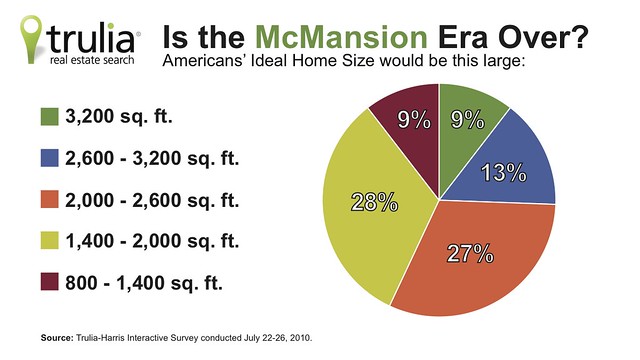When thinking about real estate investing, many people just get a headache. Uncertainties about the market, time, expense, and a mountain of paperwork can make the process seem overwhelming. Furthering your knowledge is always going to assist you, and this article is going to be a huge benefit.
If you are with kids or are planning on having kids, you need a home that has a lot of space. Your new home should be equipped for safety; consider this wisely if your home has a swimming pool or steep stairs. It may be safer to purchase a home that children formerly lived in. Most parents childproof their homes, so these homes are probably already safe for your children.
Homes that need extensive repairs or renovations are often sold for cheaper than other homes. This allows you to save money up-front, and work on the house at your own rate over an extended period of time. You can use the money you saved to improve the home in a way that truly suits you. At the same time those improvements will likewise increase the value of your home. So always consider a home’s potential, rather than just focusing on the negatives that you can see. Ignore the surface imperfections and see if your dream home is peeking out from behind a worn facade.
Try not to be discouraged if the seller of a home you want to purchase does not accept your offer, often times sellers are willing to negotiate different aspects of the sale with you, to make the sale still possible. The seller might be willing to meet you half way, cover closing costs, or finalize some repairs. It never hurts to counter offer and ask.
Think about the future when shopping for a home. For instance, ask yourself if you want to have children. If you do, look for a home located in a good school district.
You should be willing to show a degree of flexibility. There are trade-offs that must sometimes be made between buying in a particular neighborhood, buying the ideal house, and what you can afford. If you can’t find a home in the perfect neighborhood with all your amenities, find one with the amenities in a different neighborhood.
See if your real estate agent has a home-buying checklist. Realtors often have a home-buyer’s checklist that includes everything you need to do or consider when buying home, from figuring out what you want in a house to finalizing a mortgage. Such a checklist enables you to dot all i’s and cross all your t’s.
Always have extra funds for unexpected costs when buying a property. The closing costs for the buyer is usually determined by adding the pro-rated taxes with the down payment and bank fees. But there can be even more costs at closing. These may include property taxes and assessments.
If you want to increase the value of real estate that you own, do some remodeling or repairs to the property. You’ll experience the benefit of a fast return on investment and increase in property value. Sometimes, you will even get more value increase than the amount of money you spent for repairs and renovations.
Financial Incentives
When you are ready to make an offer on a home, ask the sellers to consider financial incentives such as help with any closing costs. One common incentive is to request that the seller “buy down” your loan’s interest rate for the first one to two years. However, if you add financial incentives to the offer, a seller will be less likely to negotiate the selling price.
When purchasing a foreclosed home, it is wise to assume that there will be repairs that will need to be made. There are a lot of foreclosed homes that have been vacant for an unknown period of time, this means that there has probably been no maintenance during this time. Foreclosed homes often will require HVAC systems installed, and may be infested with pests.
Memorize and use these tips so that you can research real estate opportunities, as well as understand what you may be getting into, or how long it should take to close the deal. In order to be more relaxed and in a position to make smart decisions, be sure that you know what to expect with buying real estate.
